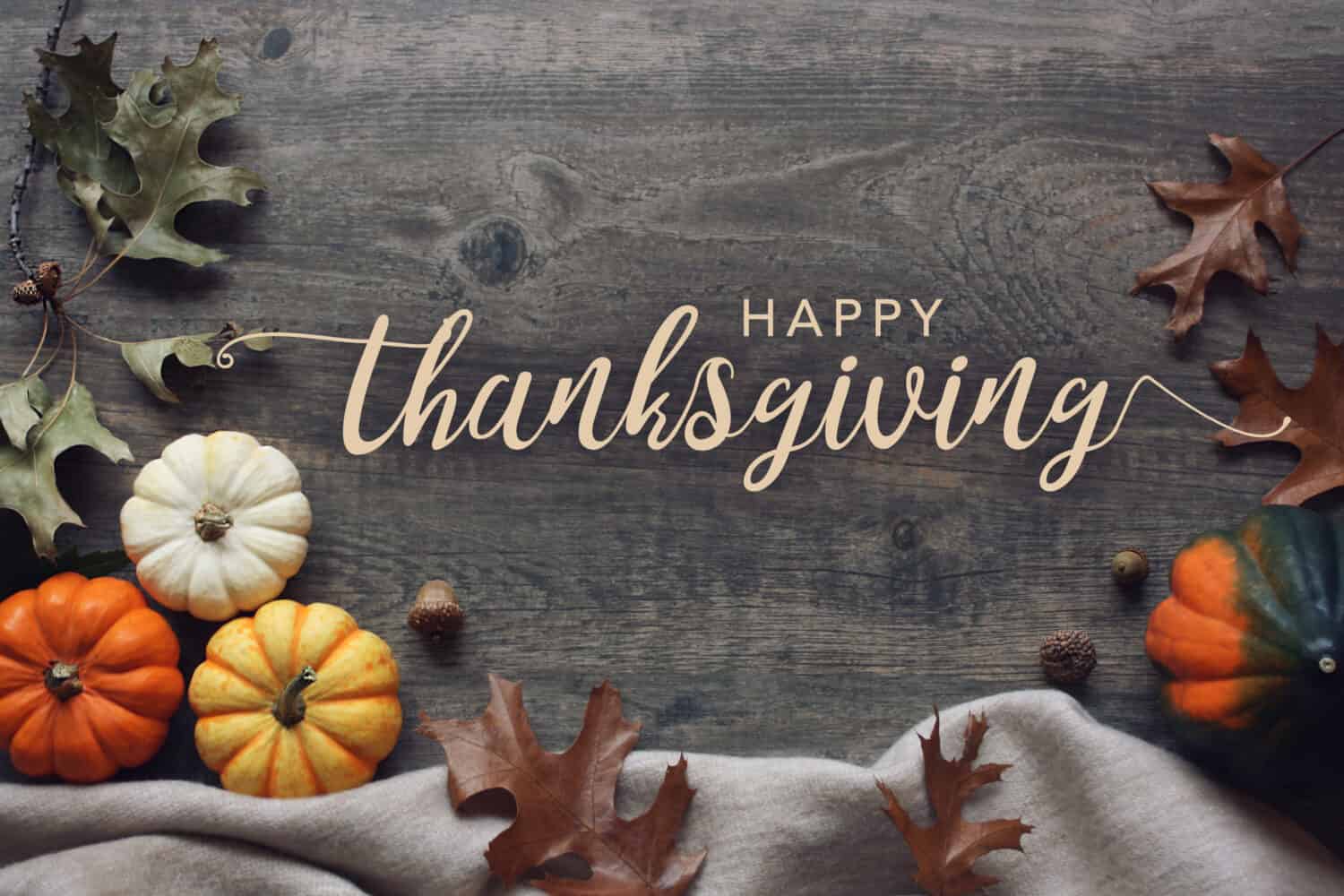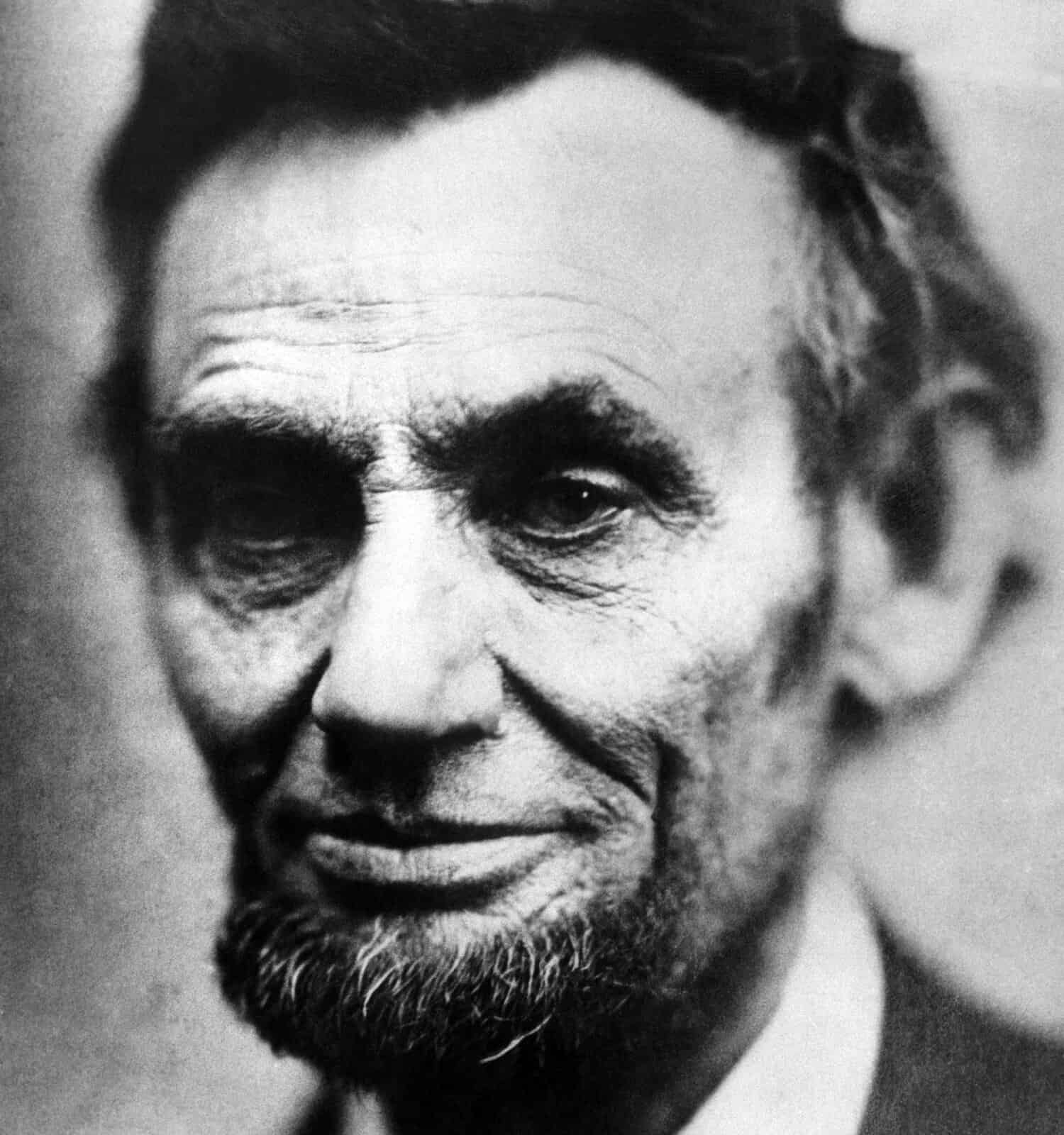The history of Thanksgiving is something to be remembered and shared, especially with children. It doesn’t matter where or when Thanksgiving began, but the history is interesting, nonetheless.
Observance of a season of thanks is not a new historical occurrence, but the observance of a national holiday is new. Countries across the globe have held harvest celebrations annually from time immemorial, what sets the American and Canadian holidays of Thanksgiving apart is that these are the first recorded Holidays Nationally set apart just for thanks. Let's break down the origin of this national holiday and the importance of its celebration.

The Thanksgiving holiday is a time to gather with family and friends and reflect on its history.
©Iris_Images/Shutterstock.com
Key Points of Thanksgiving
- Thanksgiving was declared a national day of celebrations and tanks in 1863 to heal the country's wounds after the civil war.
- The date was changed to the fourth Thursday of every year in 1941.
- The earliest recorded history of the Thanksgiving celebration on American soil was held in 1565 in Florida.
- The story of the Pilgrims, Native Americans, turkey, and corn is retold as a symbol and the basis of this yearly celebration.
Roots of the Holiday
Thanksgiving or harvest celebrations have always been prominently recognized as an important part of history as well as a way of life. But there was not a nationally recognized holiday. Although a national day of thanks had been celebrated for years it was not a national holiday. We can thank President Abraham Lincoln for giving us Thanksgiving. After the civil war in an effort to heal the country’s wounds, Lincoln declared a national day of celebration and thanks in 1863. This became an annual observance. The date was not fixed until 1941 when Congress declared that the annual date of Thanksgiving would be the fourth Thursday in November each year.
What about the Pilgrims?
Some of you may ask Lincoln, Congress, 1941: What happened to the pilgrims, Native Americans, turkey, and corn? Did my first-grade teacher lie about Thanksgiving history? No, she didn’t; this all happened just as she told you it did. The pilgrims landed at Plymouth Rock and were beset with hunger, disease, and an inability to adapt rapidly enough to their new home. Had it not been for Squanto and other Native Americans who befriended and taught the Pilgrims of Plymouth the colony would most likely lay nameless and forgotten on the pages of history. But their story is retold as a symbol and the basis of our yearly celebrations. Turkey, corn, pumpkin pie, and even the notion of a feast all sprouted from that first celebration of thanks and bounty in 1621.
Although the feast lasted over three days, and included an entire colony of pilgrims and 90 Native Americans this harvest celebration of Thanksgiving was not, nor did the participants ever intend the celebration to become an annual occurrence.
First Come, First Served
In fact, while significant and historically important, the pilgrim’s celebration feast with their Native American benefactors wasn’t even the first recorded American Thanksgiving. If the Spanish had prevailed in America the story would be very different finding genesis in St Augustine, Florida. The earliest recorded history of a Thanksgiving celebration on American soil was held on September 5, 1565 when Don Pedro Menendez de Aviles arrived in Florida with 600 others. He ordered a Mass of Thanksgiving, not a harvest celebration, to be held to show gratitude for their safe arrival in the New World.
Perhaps the notion of celebration at the end of a good year’s harvest is not a new idea, pagan harvest festivals of Europe go back thousands of years, but setting aside a day dedicated to simple gratitude for the gifts life has bestowed upon us is a relatively new idea on the stages of history. Let’s hope it isn’t just a passing fad. Happy Thanksgiving.
The image featured at the top of this post is ©Everett Collection/Shutterstock.com
